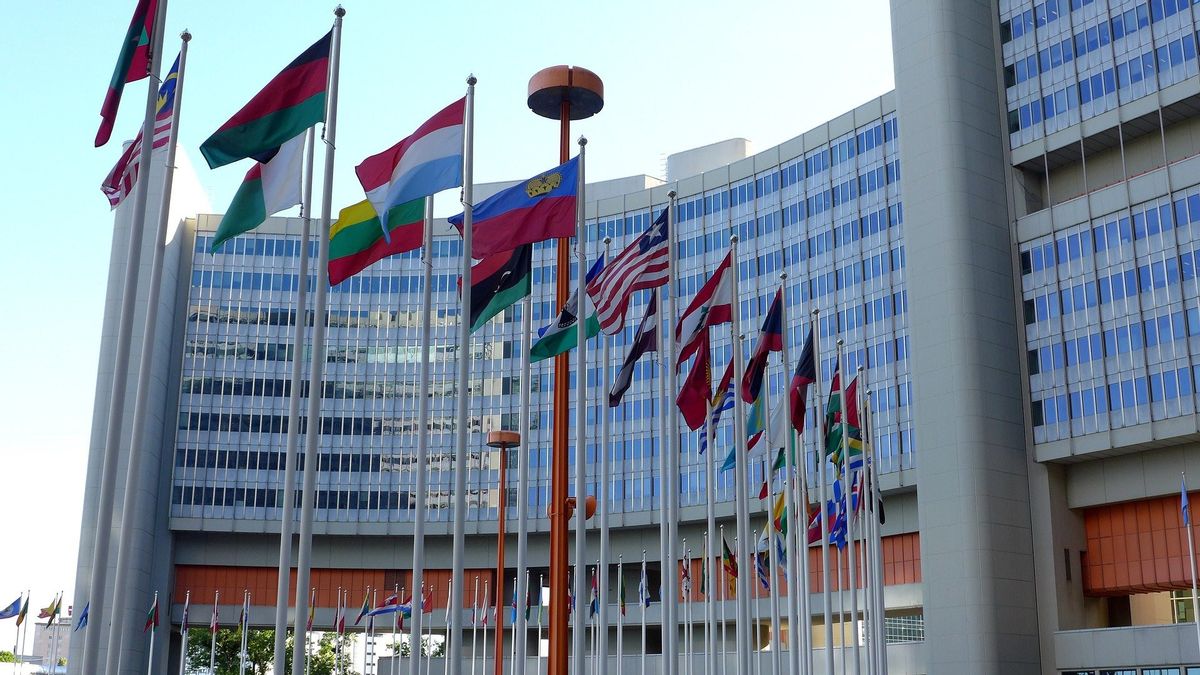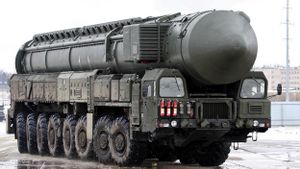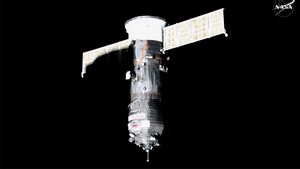JAKARTA - On October 24, 1945, the United Nations Charter was passed which became the forerunner to the birth of the UN. The organization became a middle way for international conflicts to negotiate peace.
The end of World War II initiated the United States (US), Britain and the Soviet Union to formulate an international organization committed to maintaining international peace and security, developing friendly relations between nations. The United Nations was first established in 1945 and is attended by 51 countries.
The principles of the UN Charter were first formulated at the San Francisco Conference, which was held on April 25, 1945. The Charter was chaired by US President Franklin Roosevelt, British Prime Minister Winston Churchill and Soviet Prime Minister Joseph Stalin, and was attended by representatives from 50 countries, including 9 continental European countries, 21 North, Central, and South American republics, 7 Middle Eastern countries, 5 British Commonwealth countries, 2 Soviet republics, 2 East Asian countries and 3 African countries.
"To save future generations from the scourge of war, to reaffirm the belief in human rights, establish conditions under which justice and respect for the obligations arising from treaties and other sources of international law can be maintained, and to promote social progress and better standards of living in freedom. larger, "quoted from the page History, Saturday, October 24.
There are two important objectives outlined in the Charter of the United Nations which are to respect the principles of equal rights and self-determination of all people originally aimed at small states. The UN Charter also calls for international cooperation in solving economic, social, cultural and humanitarian problems around the world.
After the war was over, negotiating and maintaining peace was the practical responsibility of the UN Security Council which was made up of the US, Great Britain, France, the Soviet Union and China. Each has veto power.
Criticism of the United Nations"We face colossal challenges. With global solidarity and cooperation, we can overcome them. That's what the United Nations is all about." - @antonioguterres marks the UN's 75th anniversary on Saturday's #UNDay. https://t.co/D4ULu23KqM pic.twitter.com/6wMP1jaN7e
- United Nations (@UN) October 24, 2020
Over the years, the role of the United Nations has grown from an organization focused on peace and security to an organization covering a wide range of global issues. Today, the United Nations provides solutions to problems related to health care, the environment, criminal justice, the refugee dilemma and many more.
Although much of the support includes this extended responsibility, others believe the UN may overstep its boundaries. The UN has also faced criticism for promoting globalization that is not effective enough, even appears to support provocative policies, provides controversial health options, is too bureaucratic, gives certain countries more power, and costs too much money.
In addition, the UN is also considered responsible for a problem which because of the UN, the problem is getting worse. An example is cholera in Haiti. After an earthquake in 2010, Nepalese aid workers led by the United Nations were held responsible for the spread of cholera across Haiti. More than 10,000 people died from the plague.
Then the Oil for Food Program. The initiative is designed to allow Iraq to sell oil through the United Nations in exchange for food and medicine. However, there are allegations that most of the money was funneled to the Iraqi government and UN officials.
The English, Chinese, Japanese, Arabic, and French versions are automatically generated by the AI. So there may still be inaccuracies in translating, please always see Indonesian as our main language. (system supported by DigitalSiber.id)













